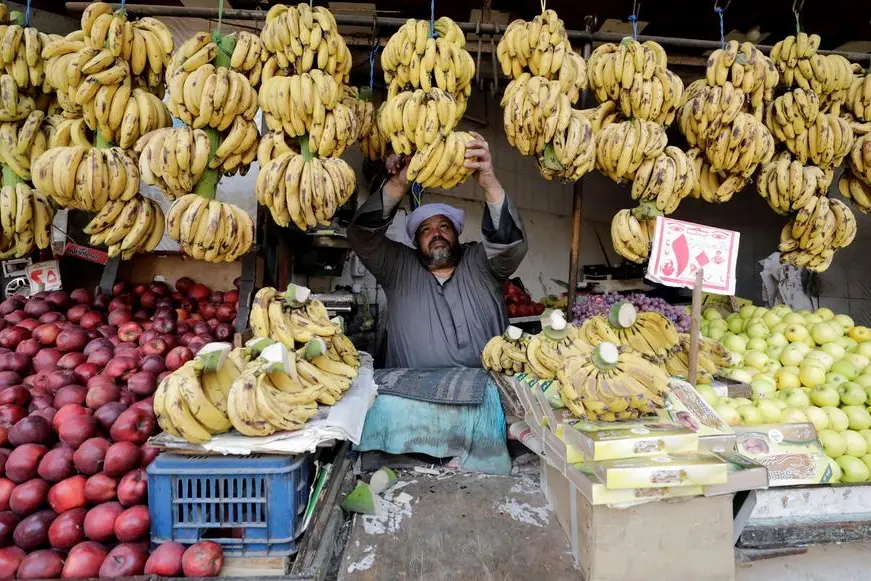PHOTO
Food inflation in Egypt surged to 61.8% in March 2023, compared to 26% in April 2022, according to the World Bank’s latest food security update.
However, real food inflation - food inflation minus overall inflation - in Egypt hit 30% year-on-year last month.
Domestic food price inflation remained high in almost all low-, middle-, and high-income countries. Moreover, 87.7% of high-income countries experienced high food price inflation.
The most-affected countries were in Africa, North America, Latin America, South Asia, Europe, and Central Asia.
In real terms, food price inflation exceeded overall inflation (a year-on-year change in the overall consumer price index) in 90.7 percent of the 162 countries.
Inflation levels reached more than 5% in 82.4% of low-income countries, 93% of lower-middle-income countries, and 89% of upper-middle-income countries based on the food inflation data between December 2022 and March 2023, the World Bank said.
Earlier in the day, Egypt’s official statistics agency CAPMAS said that the annual urban consumer inflation rate in March rose to 32.7% year-on-year from 31.9% in February.
Urban inflation slowed to 2.7% in March from 6.5% in February and 4.7% in January.
In June 2022, the World Bank approved a $500 million loan to strengthen Egypt’s resilience to food crises and to support reforms in food security policies, including improving nutritional outcomes.
The fund was to help cushion the impact of the war in Ukraine on food and nutrition security in Africa’s largest economy.
Last May, the World Bank said it would contribute up to $30 billion in existing and new projects to address global food shortages.
(Editing by Seban Scaria seban.scaria@lseg.com)





















